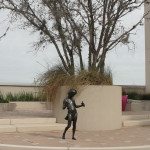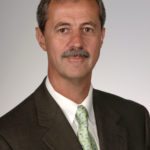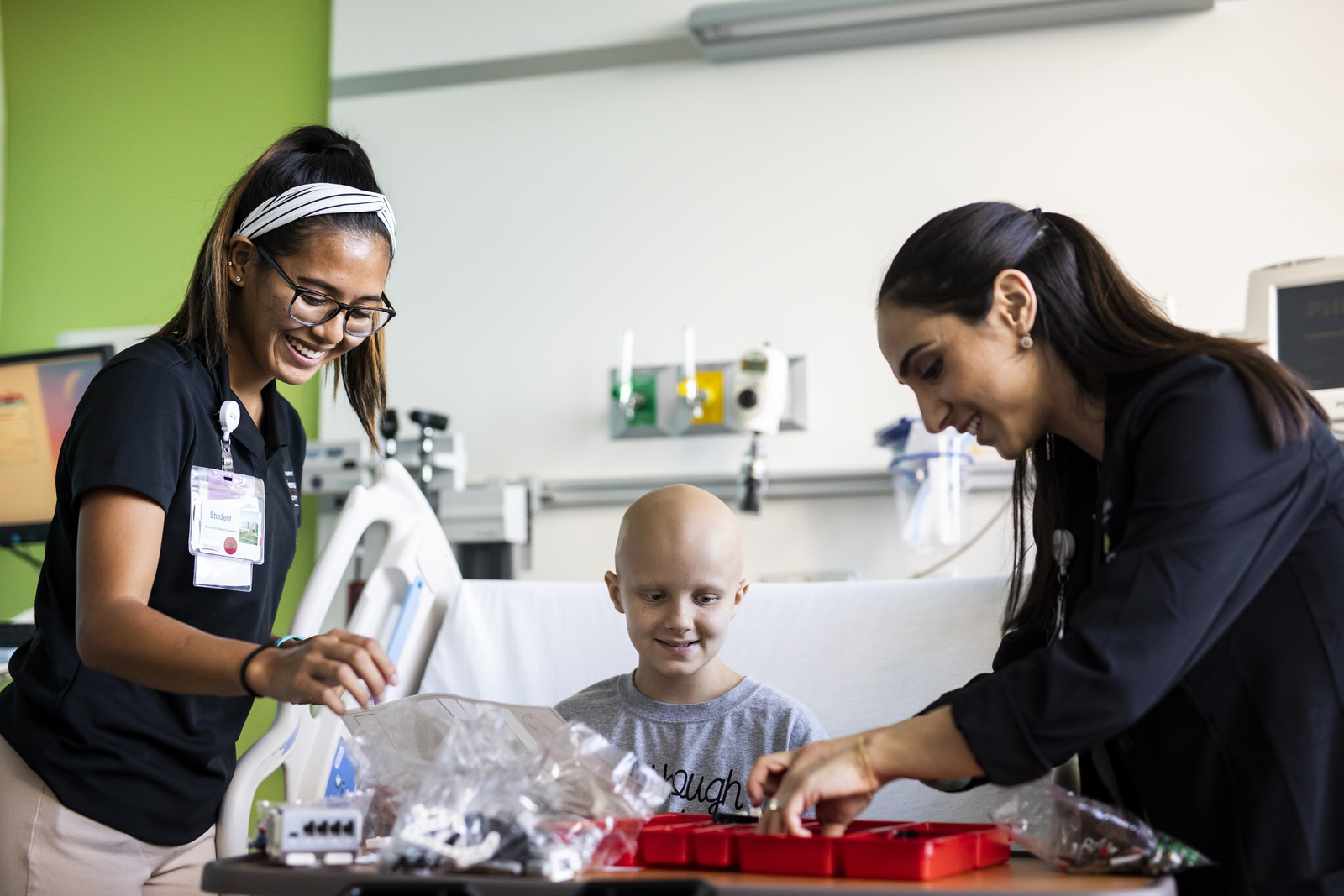
Everyone with a child knows the deep pain it causes the entire family when a child is sick and needs to be hospitalized for a prolonged period of time. It is emotionally exhausting and financially draining. We are lucky here in Lake Nona to have a medical facility like Nemours Children’s Hospital right in our backyard that offers top-notch care and understanding of all aspects of having a child hospitalized. This is evident with their new program PedsAcademy (PEEDS-Academy). In partnership with UCF, PedsAcademy is the world’s first pediatric learning program that offers education during hospitalization and uses curriculum specifically tailored to a child’s disease.
The program was inspired by research showing that when education is disrupted because of life-threatening illnesses or chronic health conditions, the educational shortage affects children into their later years and can limit their achievements and social function. “These children can miss out on weeks, months, or even years of schooling,” said Megan Nickels, UCF assistant professor and PedsAcademy faculty director. “Our goal is to provide a rich, meaningful, educational experience so they aren’t just keeping pace with their healthy, typically developing peers, but they are actually getting extraordinary educational opportunities while in the hospital.”
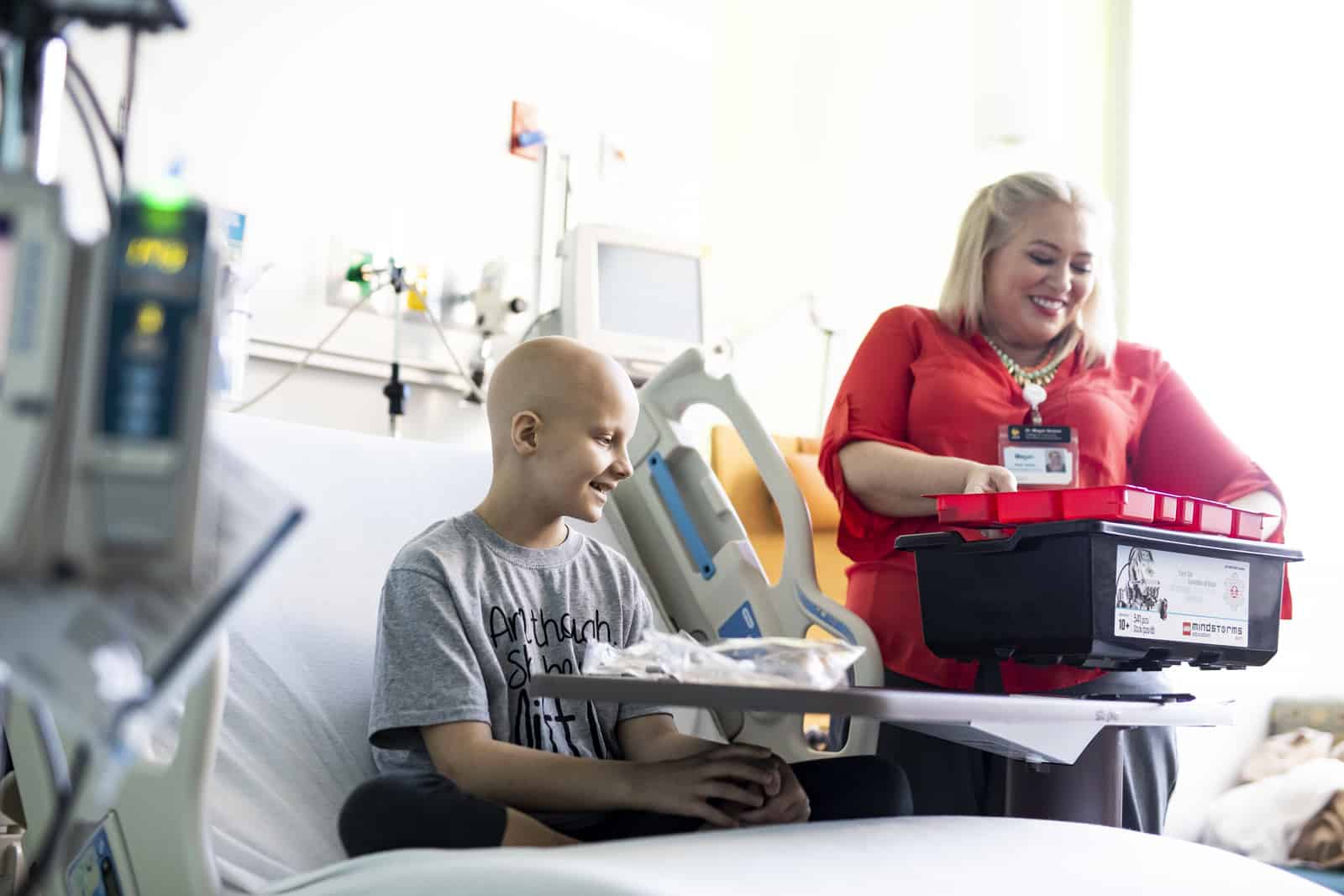
The program, which began in August 2018, is comprised of more than 50 UCF faculty members. Student researchers, postdoctoral scholars, and dozens of student interns work closely with physicians to deliver daily STEM instruction to hospitalized patients using high-tech-like robots, immersive virtual reality telepresence, 3D printers and MakerSpaces to deliver lessons that range from basic computer programming to learning about undersea worlds. The program goes above and beyond by personalizing the lessons based on a child’s specific interest areas, incorporating themes like superheroes, animals or sports to keep their interest and bring excitement into their lives during a rough time.
The lessons are given bedside of long-term patients and in outpatient settings like the Nemours’ Infusion Center, where children are treated for cancer and blood disorders, kidney disease, and immune system disorders. Incredibly, VR goggles serve as such an effective distraction that they are used as an alternative to sedation.
Terri Finkel, Nemours chair of pediatrics and faculty sponsor for PedsAcademy, said, “Bringing this kind of scale and innovation to K-12 teaching in children’s hospitals is simply unprecedented. Every child has the opportunity to participate every day, and each lesson is unique and personalized for them. This is a welcome, even therapeutic, distraction and an exciting learning experience for a child who is going through a stressful time.” Director of patient- and family-centered care Norm Jeune described its benefits perfectly: “It gives them their social life back … and brings another layer of relationships to the hospital experience.”
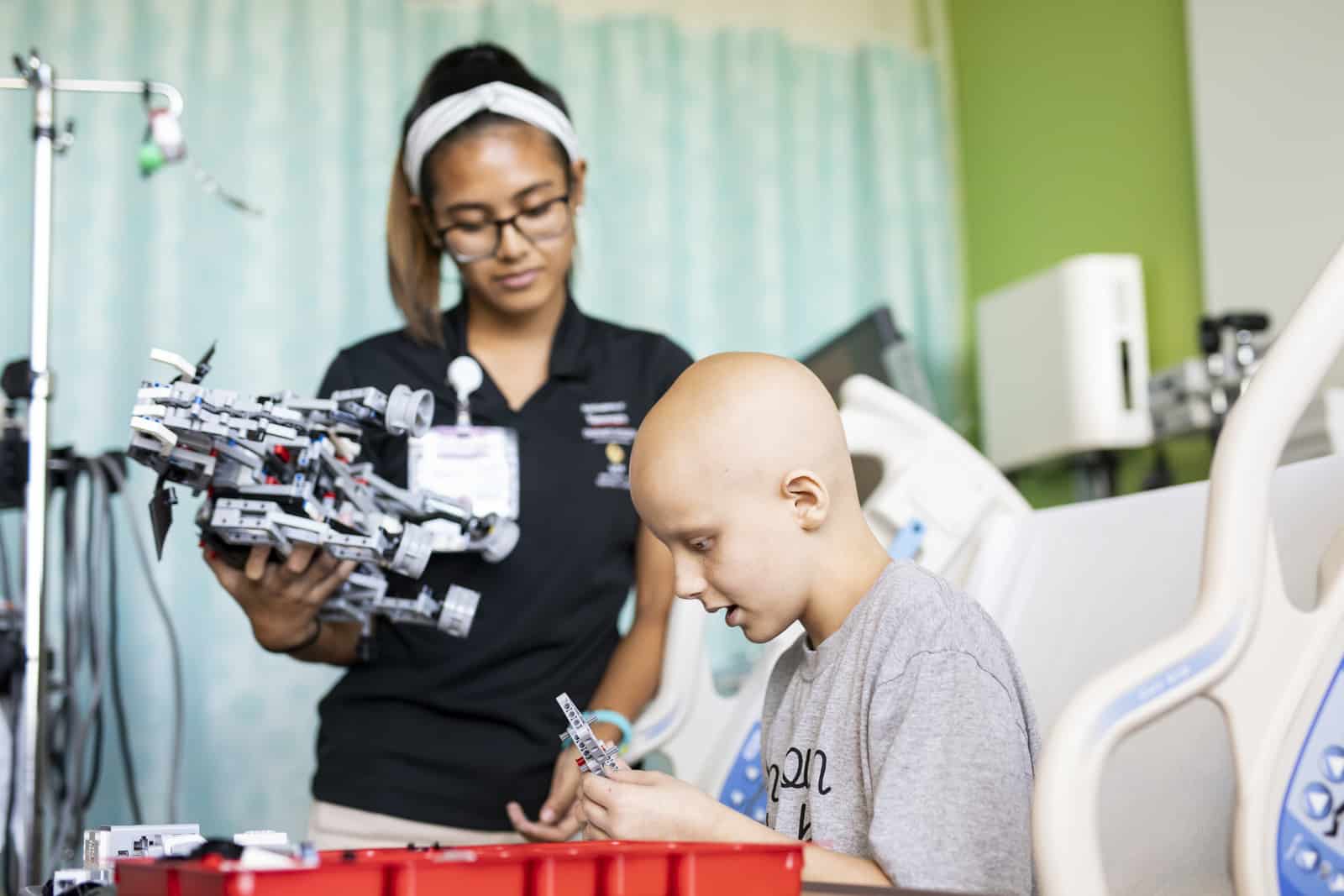
Patients learn with tools beneficial to their specific physical limitations and sensory conditions. For example, chemotherapy can cause problems with focus, working memory, and identifying visual and spatial relationships, so for a child going through chemotherapy, his or her lessons would involve mental rotation, repetitive programming, and small increases in task difficulty.
According to the press release issued by Nemours, “On an average day, 40-60 children are taught through PedsAcademy. Patients may receive three hours or more of instruction per day and may begin participating as soon as they are admitted and their care plans allow. The siblings of patients can also participate in the instruction.”
This highly compassionate and beneficial program is funded through grants and private donations.
